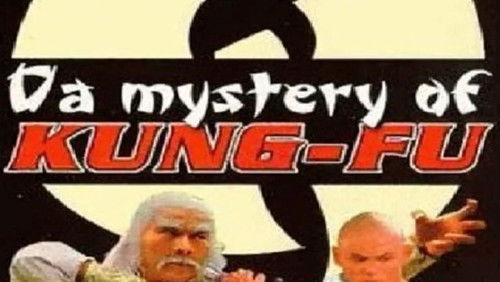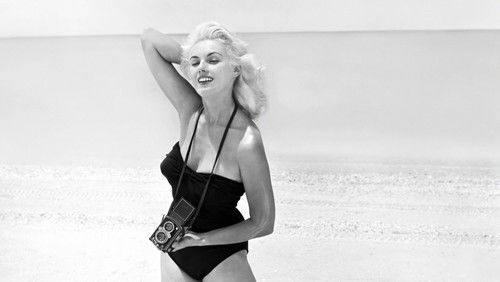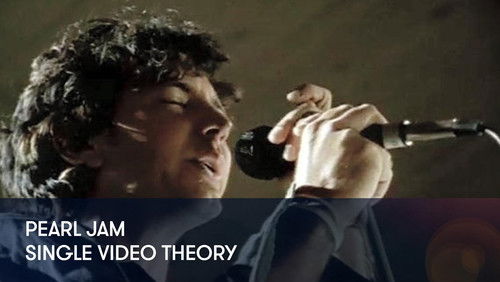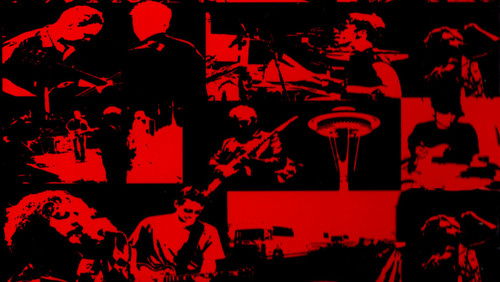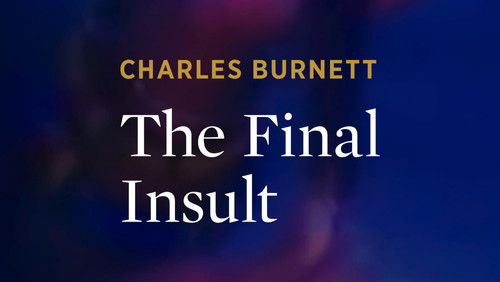Orson Welles: The One-Man Band (1995)
54KOrson Welles: The One-Man Band (1995). 1h 28m
“Orson Welles fans, this may be the best youu0026#39;ll get in terms of u0026#39;lock-boxu0026#39; finished films from the prolific, perpetually f***ed over father of maverick-style cinema (i.e. few films made in Hollywood, with Europe his only safe place for his very independent ways as an actor/writer/director/producer/editor). Like an author whou0026#39;s smaller, in-the-vault kinds of works put together by an editor into one compilation, One Man Band, like the documentary Itu0026#39;s All True, is a sort of collectoru0026#39;s item in and of itself. Along with giving the fullest possible glimpses (as far as we Welles fans know) of the films as part of Wellesu0026#39;s un-official scrapbook, there are some revelatory insights from his longtime companion Oja Kodar, and clips from a public interview in an auditorium (a very funny one) that shines some light on a couple of issues. The director here is the editor, assembling the pieces at times in the essay style of F for Fake (and this film is now included with it on the brilliantly packaged Criterion DVD), though not as frantic in style and purpose.u003cbr/u003eu003cbr/u003eHere we get something very special, in spurts, and even when the interest is a little more low-key than expected (though fun, the novelty isnu0026#39;t exceptional of Welles reading excerpts from Moby Dick and The Merchant of Venice), one canu0026#39;t look away. The best parts include the intact scenes from the Deep, London, the filmed excerpts of Merchant of Venice, the little moments of Wellesu0026#39;s odd, hilarious imitations, and the one that still could be completed, the Other Side of the Wind. That last film is maybe the most fascinating film of the lot, as it goes even further with montage and experimental style than F for Fake. Itu0026#39;s wild, itu0026#39;s rambling, and I could only get an idea of what was going on, but thatu0026#39;s all I couldu0026#39;ve asked for anyway. The veneer of Wellesu0026#39;s personality, as well, is stripped a bit away through Kodaru0026#39;s insights, how he was more of a modest man than the overwhelming, megalomaniac personality people made him out to be. At the end of the day he was, as the film makes clear without a shadow of doubt, one of the true poets of 20th century cinema, and like other controversial artists his major works were practically all censored, while the minor works barely left his traveling-alongside film cans.u003cbr/u003eu003cbr/u003eTo see a filmmaker at work, at least in retrospective, can be many things, from dull, to over-indulgent, to really passing all of that and showing a man at work. While there isnu0026#39;t footage of Welles at work on a set like with Ingmar Bergman Makes a Movie or A.K., the footage here compensates for that. One can see through the little bits of film done, the ones that showed his determination to keep rolling along instead of getting stuck in the past, that it isnu0026#39;t too much of a surprise that he got a little sick of people tipping the hat to Citizen Kane and nothing else he did in his career. His story is one of the tragedies of the artistu0026#39;s world, though itu0026#39;s good to know that he never got too depressed to not quit at the magic and voices. Itu0026#39;s a real treat.”
